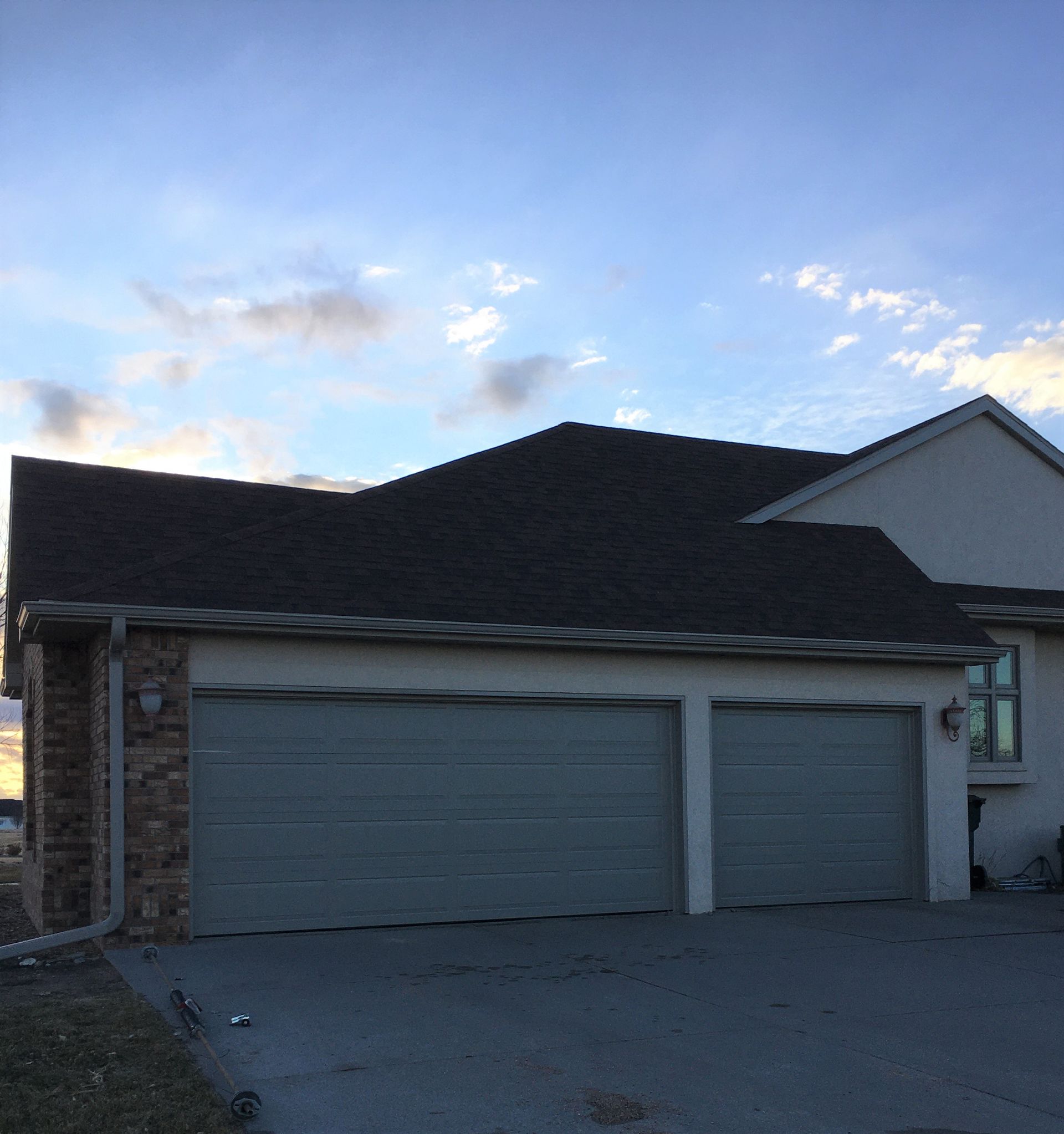Did you know that roof insulation is essential to your home’s energy efficiency? Let’s explore how effective insulation enhances roof performance, reduces energy costs, and makes your home more comfortable.
How Insulation Improves Roof Performance
Roof insulation is vital for your home’s temperature regulation. It prevents heat from escaping in the winter and keeps your home cool during summer, enhancing comfort and energy efficiency.
How Insulation Affects Heating and Cooling Costs
Without proper insulation, your heating and cooling systems must work harder to maintain the desired indoor temperature, leading to higher energy bills. By upgrading your roof insulation, you can minimize energy loss, reduce heating/cooling expenses, and lower your carbon footprint.
How to Upgrade Your Roof Insulation Effectively
- Consider R-Value: Opt for a higher R-value to boost insulation performance. Select the appropriate R-value depending on your climate zone.
- Use Reflective Insulation: Consider upgrading to reflective insulation to reduce heat absorption and improve energy efficiency in hotter climates.
- Seal Air Leaks: Ensure that air leaks around vents, skylights, and chimneys are sealed to prevent warm or cool air from escaping.
- Don’t Forget the Attic: Attic insulation is key to preventing heat loss through the roof, as heat naturally rises. Ensure your attic is well-insulated.

Why Weathercraft Recommends Certain Insulation Solutions
Weathercraft recommends top-quality, sustainable insulation solutions for long-term performance. Our experts tailor recommendations to your home’s needs to maximize energy efficiency without exceeding your budget.